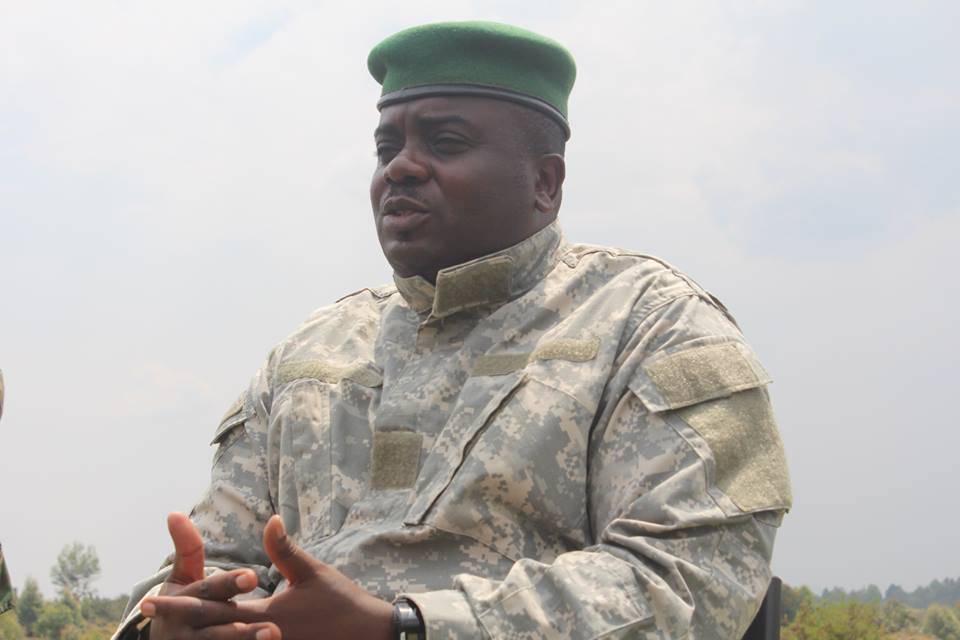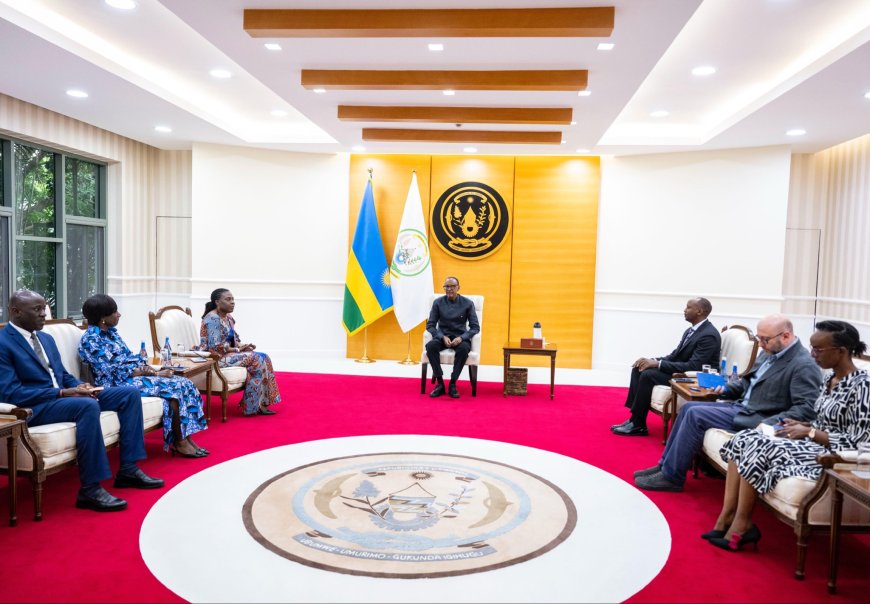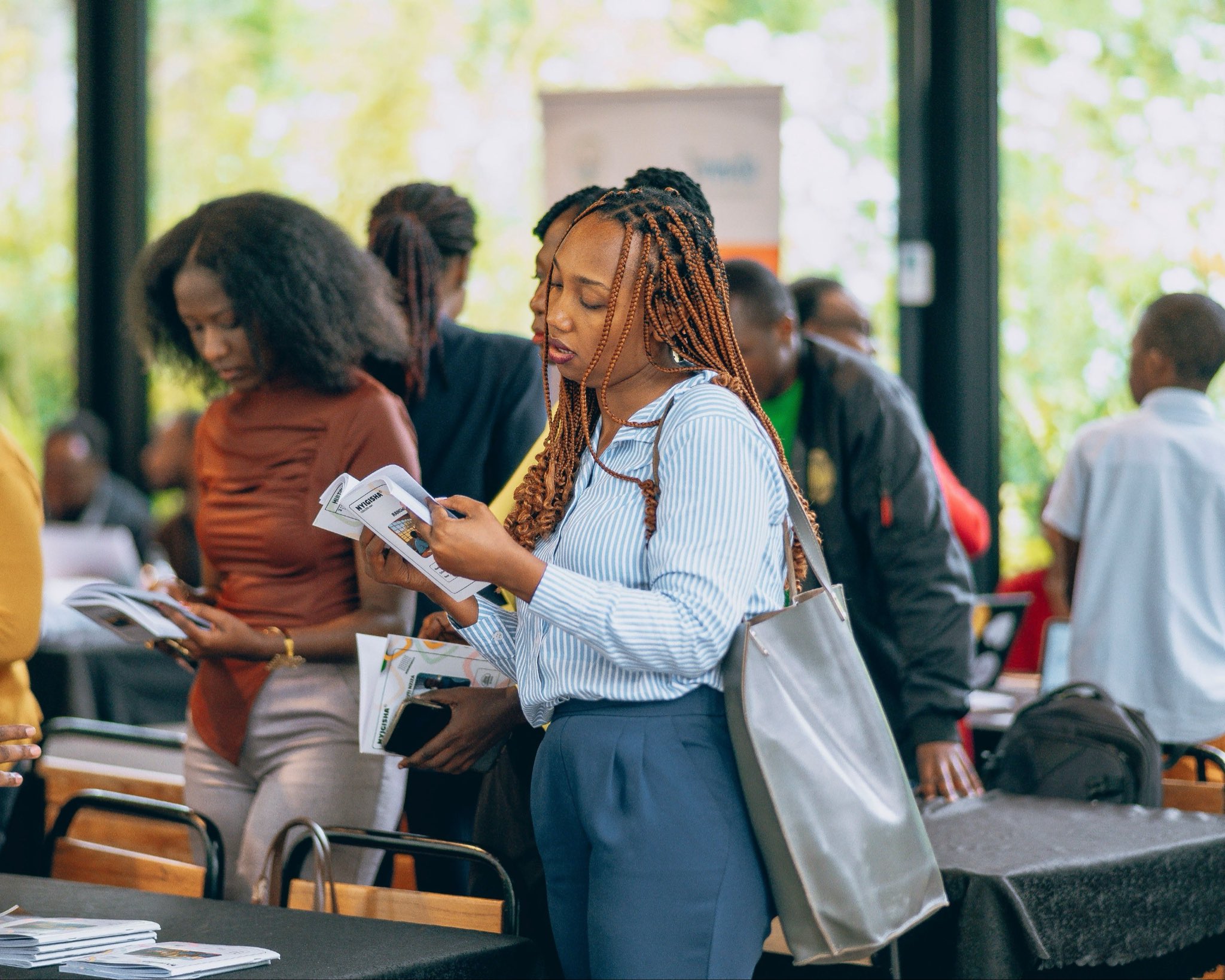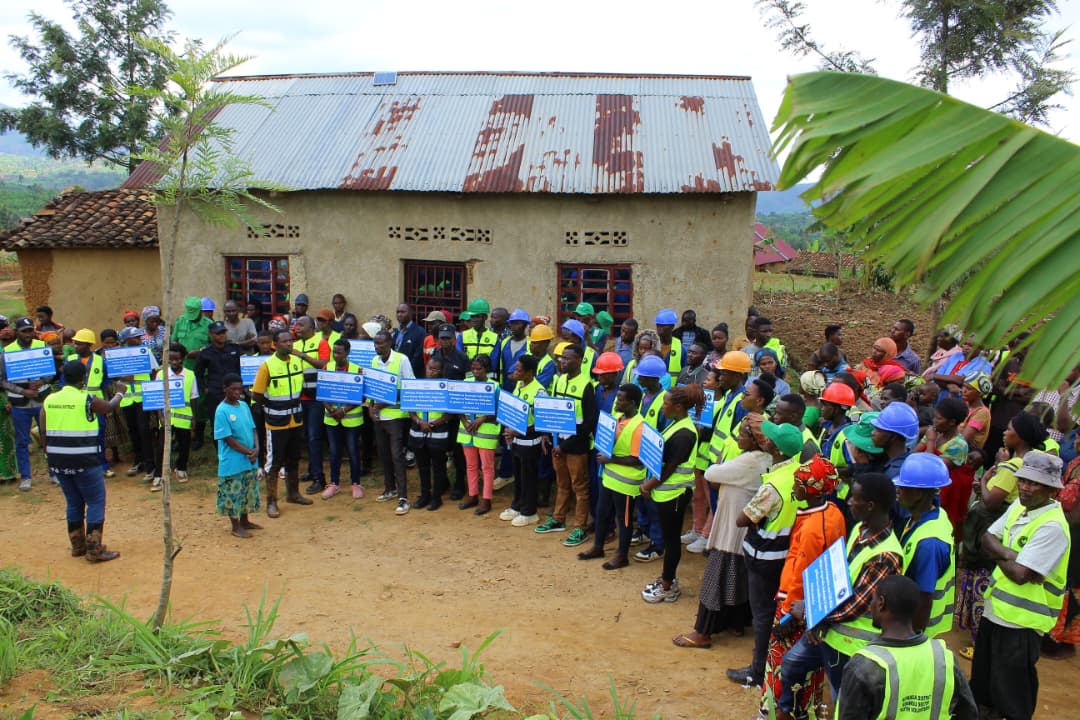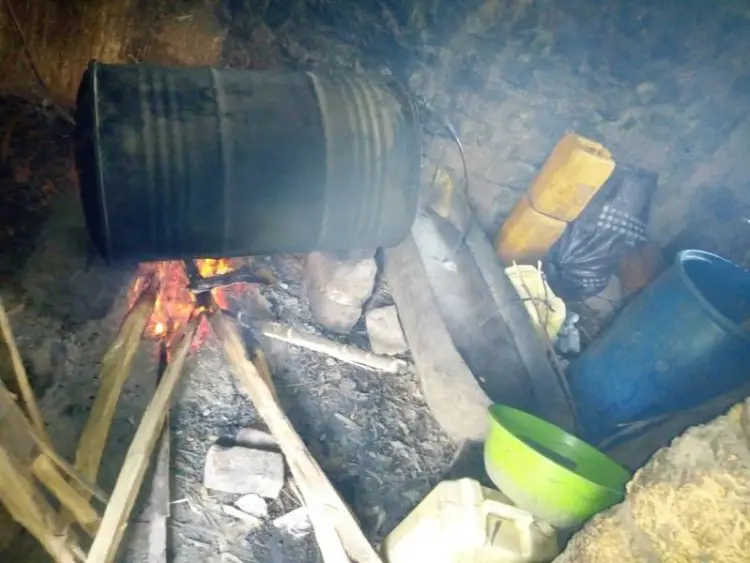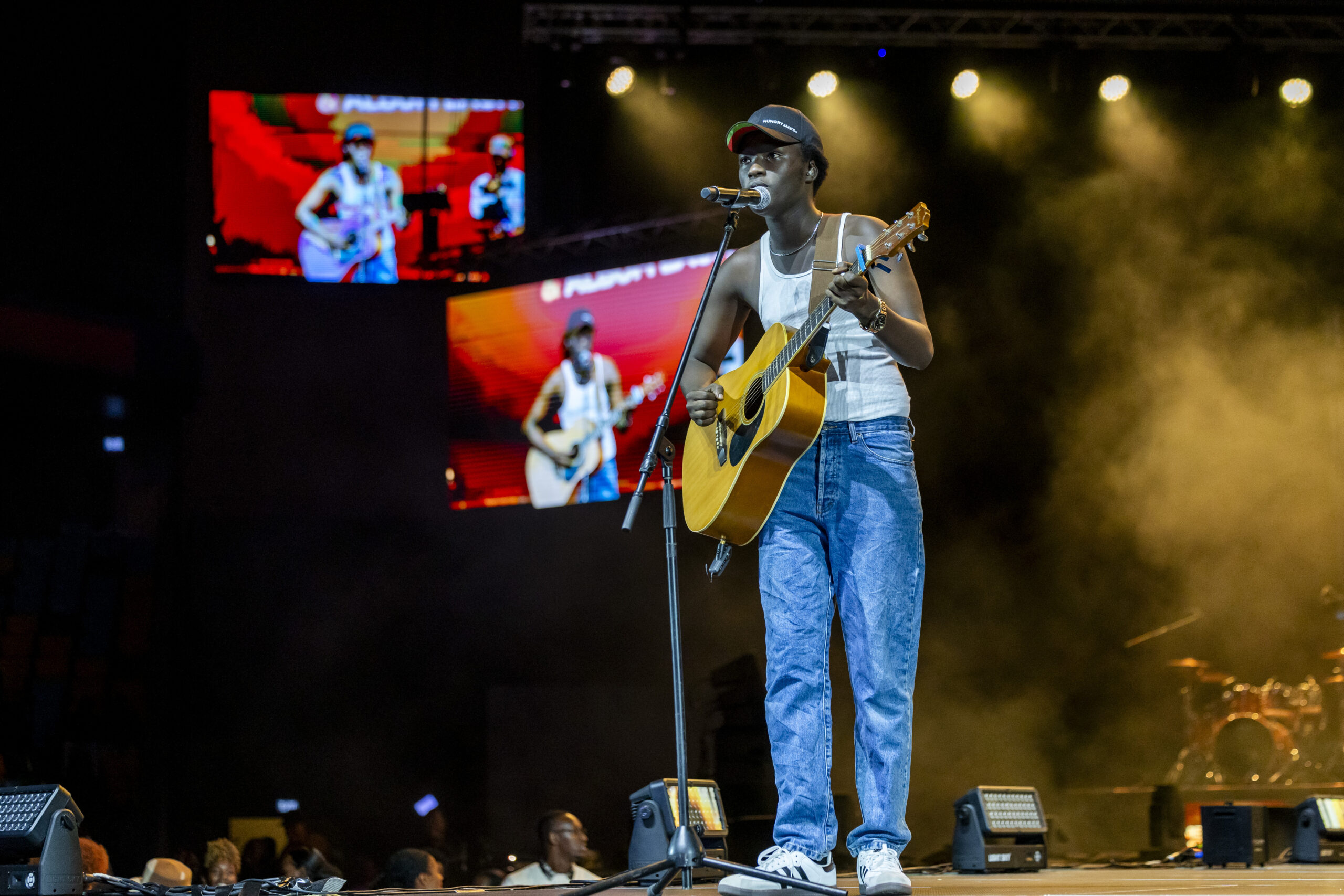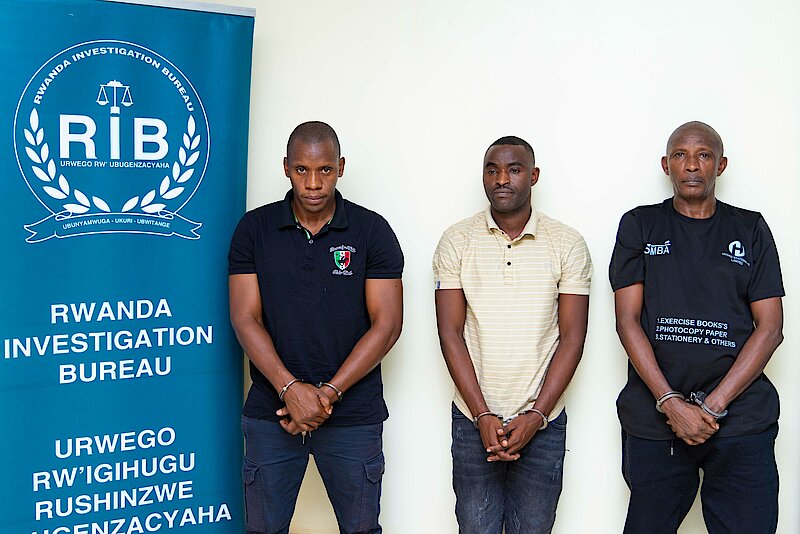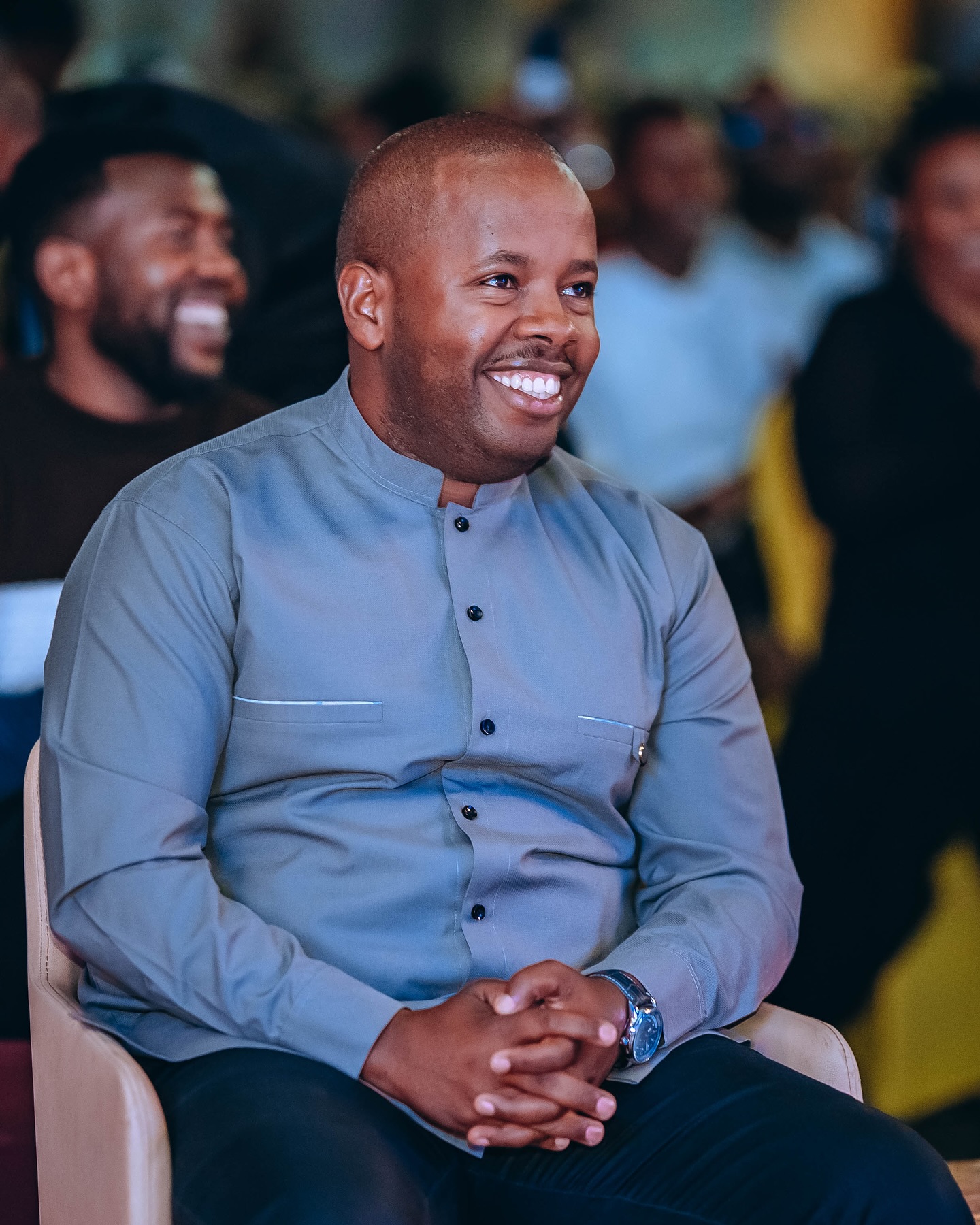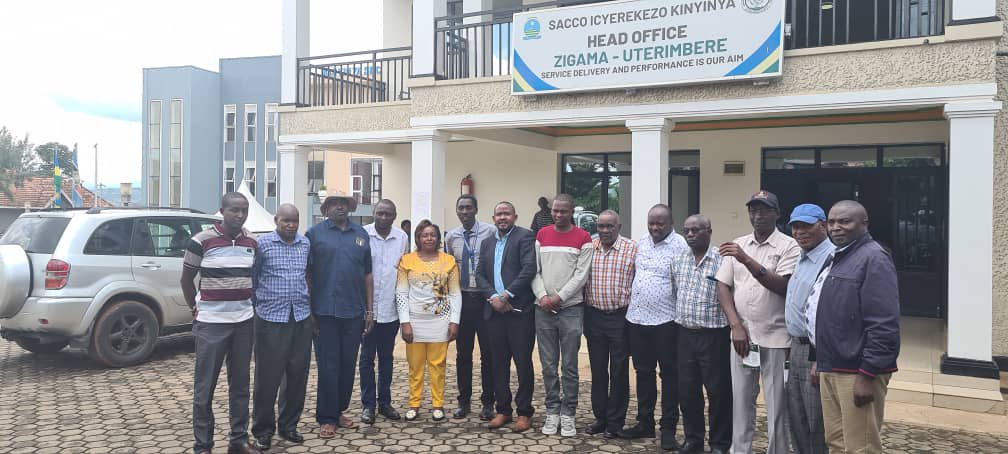For the first time, a senior leader of the M23 rebel group, Bertrand Bisimwa, has publicly declared that the movement has no interest in joining the government or the regular army of the Democratic Republic of Congo (DRC). His remarks mark a major shift from the rebel group’s previous stances.
“We Do Not Want to Join the Government” — Bisimwa
In a message posted on X (formerly Twitter), Bisimwa stated:
“We do not need to join the Congolese government or the Congolese army. We are negotiating in Doha to build a new army, an army capable of protecting the Congolese people and defending the country’s territory.”
His statement suggests that M23 is no longer seeking power-sharing deals or military integration into the Forces Armées de la République Démocratique du Congo (FARDC), as seen in past peace agreements. Instead, the group is calling for the creation of a reformed national army that would include members from both the government and rebel sides to rebuild trust and improve national security.
Doha Talks and New Proposals
These remarks were made during ongoing peace talks in Doha, Qatar, where some M23 leaders are engaging with international mediators to resolve the prolonged conflict in eastern DRC, particularly in the North Kivu Province.
The group’s new proposal has sparked mixed reactions across the DRC and the region.
Mixed Reactions from Politicians and Analysts
Some Congolese politicians have criticized Bisimwa’s remarks, warning that the proposal to form a new army could:
- Undermine national unity
- Be used to illegally share power
- Lead to further militarization and division
However, M23 insists that the plan is intended to promote reconciliation, restore peace, and prevent a return to failed agreements that have historically done little to resolve the conflict.
Political analysts and observers remain divided:
- Some see Bisimwa’s comments as a genuine step toward sustainable peace
- Others interpret them as a strategic move to weaken the central government
The Need for a Lasting Peace Solution
Regardless of the differing opinions, the debate underscores one point: eastern DRC needs a lasting solution. Decades of conflict in the region have resulted in:
- Thousands of deaths
- Massive displacement
- Humanitarian crises
- Regional instability
Peace, analysts agree, will require inclusive dialogue, mutual trust, and a national commitment to prioritize the well-being of the Congolese people over political gains.
